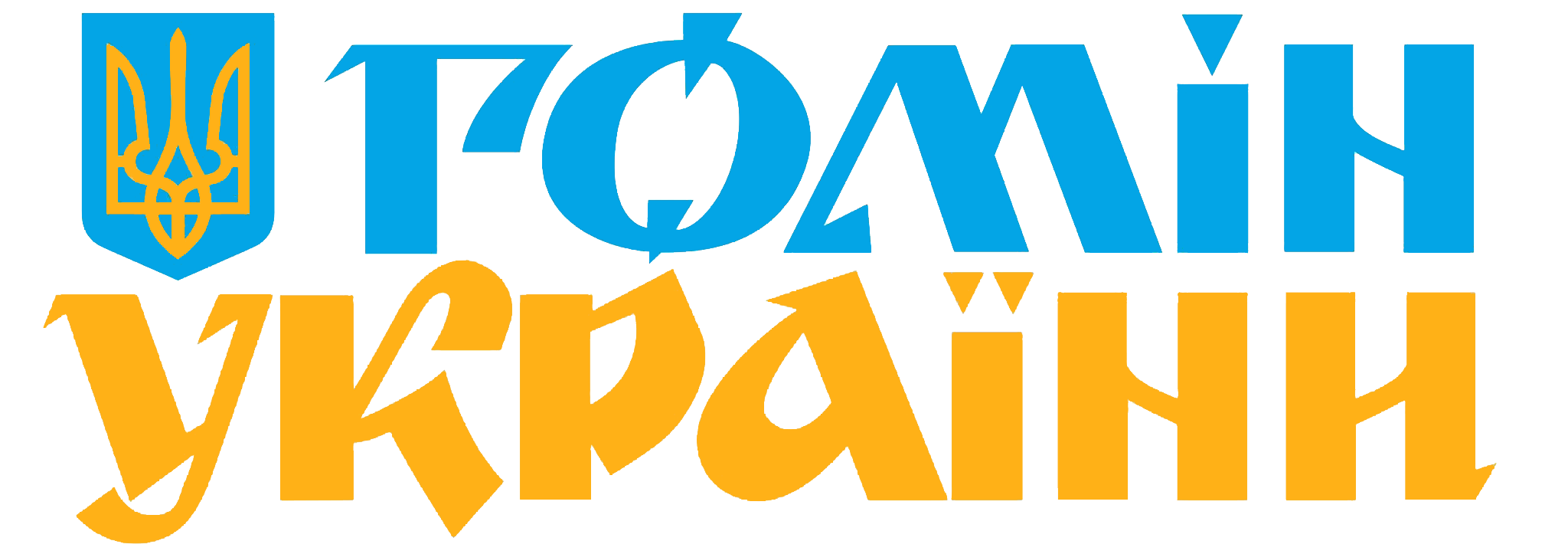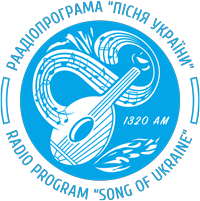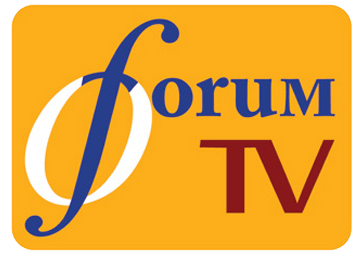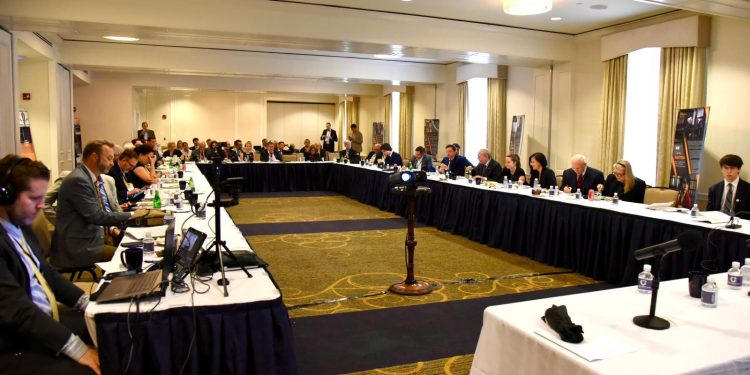WASHINGTON — On June 18th, 2025, American and Ukrainian policymakers, diplomats, economists, and civil society leaders convened at The University Club in Washington, D.C. for the 13th Annual U.S.-Ukraine Working Group Summit. Held under the banner “Providing Ukraine with an Annual Report Card Amidst War – Year Four,” the full-day conference delivered a thorough, timely assessment of Ukraine’s resilience and reform as it continues its fight against Russian aggression.
Organized by the Center for U.S.-Ukrainian Relations and streamed live, the summit offered structured, evidence-based analysis across six vital categories: democratic governance, economic resilience, energy independence, security and defense, social cohesion, and national identity. The proceedings were marked by insight, urgency, and collective resolve.
Walter Zaryckyj (Center for US-Ukrainian Relations), the summit’s executive coordinator, opened with a call for accountability. At a time when global focus risks fragmentation, he emphasized the importance of tracking Ukraine’s progress with clarity and purpose.
Ambassador William Taylor (Atlantic Council) led the first session on democratic governance, spotlighting Ukraine’s commitment to free expression and transparency—even under martial law. Panelists acknowledged recent gains in civil liberties and institutional oversight, while recognizing the enduring challenges in occupied territories.
Next, the economic discussion featured Ambassador William Courtney (RAND Corporation), Tymofiy Mylovanov (Kyiv School of Economics), Anders Aslund (Economics Education and Research Consortium), and Howard Shatz (RAND Corporation). Together, they outlined Ukraine’s performance under pressure—from fiscal stabilization to meaningful anti-corruption strides. Their analysis credited prudent policymaking and reform momentum despite extraordinary strain.
Security and defense followed, with Glen Howard (Saratoga Foundation) moderating. Luke Coffey (Hudson Institute), George Barros (Institute for the Study of War), and Phillip Petersen (New Generation Warfare Center) assessed Ukraine’s strategic shift toward a more professional, proactive force. They emphasized the need for sustained Western backing to reinforce hard-won advances.
Ambassador Roman Popadiuk (Diplomacy Center Foundation) chaired the energy panel, joined by Ariel Cohen (International Tax and Investment Center), Margarita Assenova (Jamestown Foundation), and Max Pyziur (Energy Policy Research Foundation). The panel praised Ukraine’s infrastructure resilience, energy diversification, and reduced dependence on Russia. They recommended investment in storage and decentralized repair capabilities to solidify energy security.
Ambassador Oksana Markarova (Embassy of Ukraine to the U.S.) provided a keynote emphasizing Ukraine’s European aspirations and democratic trajectory. Her remarks linked historical struggle with forward-looking statecraft.
In a focused discussion on disinformation, Kyle Parker (U.S. Helsinki Commission) and Mykola Hryckowian (Center for US-Ukrainian Relations) underscored the need for counter-narratives. They highlighted the threat of malign influence operations and stressed the importance of sustained truth-telling from both institutional and grassroots advocates.
Ambassador Kurt Volker (Center for European Policy Analysis) delivered a direct and urgent appeal from the strategic policy community. “This is not just Ukraine’s war—it’s a frontline for freedom itself,” he stated, calling for faster military support and unwavering diplomatic commitment. His remarks were widely echoed as a rallying cry.
Pavlo Chumak (SunPro Group) brought the entrepreneurial and philanthropic dimension to the fore. Stressing the interdependence of economic growth and national strength, he remarked, “Resilience is not just measured in military strength—it’s measured in our ability to build, to create, and to support one another.” His remarks provided a compelling link between wartime innovation and long-term reconstruction.
Final sessions examined cohesion and identity. Thomas Lang (Rebuilding Ukraine Association) shared powerful accounts of community restoration. In the concluding panel, Herman Pirchner (American Foreign Policy Council) and Alexander Motyl (Rutgers University) reflected on Ukraine’s emerging civic nationalism—a unity forged not in theory but in shared sacrifice.
The event concluded with a report card averaging expert assessments:
- Democratic Governance: 4.2 / 5 – Institutional resilience and civic engagement
- Market Economics: 4.5 – Macro stability, investor confidence, reform traction
- Security and Defense: 3.5 – Strong adaptation, strategic gaps remain
- Energy Independence: 4.0 – Infrastructure recovery, future investment needed
- Social Cohesion: 4.0 – Unified, enduring civil spirit
- National Identity: 4.8 – Civic unity through resistance
The overall score of 4.2 / 5 is more than symbolic—it captures a nation operating under siege while steadily advancing. The summit served not only as a diagnostic but also as a call to action: Ukraine’s progress must be met with persistent global backing. The outcome of this war will shape not just Ukraine’s future, but the integrity of the democratic world order.
For the full livestream, past summits, and speaker bios, visit usukrainianrelations.org.
Ihor Rosomakha








